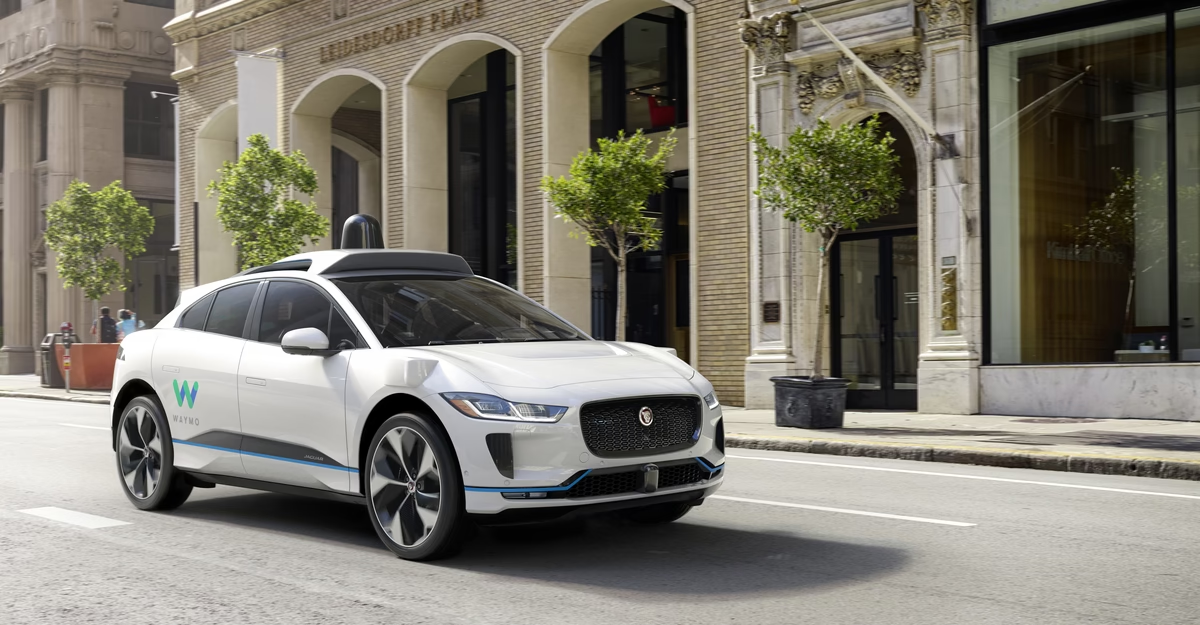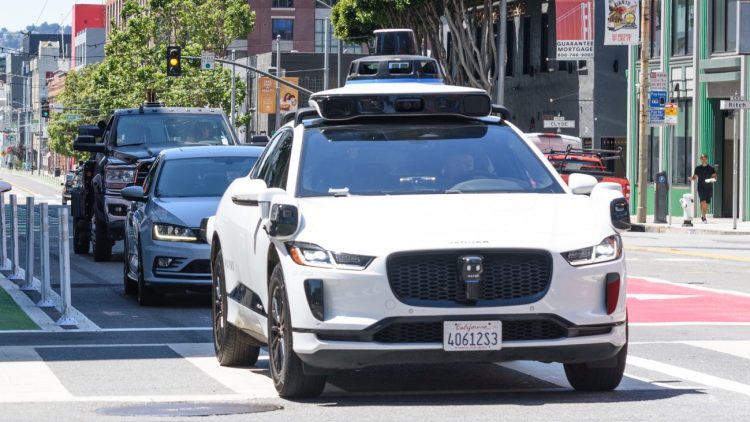Introduction
The automotive industry is at a pivotal crossroads, with technological advancements that promise to reshape the driving experience for generations to come. From autonomous vehicles to cutting-edge energy systems, the future of car technology in the next decade is nothing short of transformative. As automakers race to implement innovative solutions, there is a growing excitement about how these developments will impact the way we drive, interact with our vehicles, and even rethink transportation as a whole. In this article, we will explore some of the most promising and disruptive technologies on the horizon, including hydrogen fuel cells, autonomous driving, and artificial intelligence integration. We will also examine how these technologies will impact drivers and their day-to-day experiences behind the wheel.
Emerging Tech: Upcoming Technologies Like Hydrogen Fuel Cells, Autonomous Driving, and AI Integration in Cars
The future of car technology is characterized by a diverse range of innovations, each offering new possibilities for the automotive landscape. Let’s take a closer look at some of the most significant technological advancements that will define the next decade.
1. Hydrogen Fuel Cells
Hydrogen fuel cells have long been considered an alternative to traditional gasoline and electric powertrains, but recent advancements are bringing hydrogen-powered vehicles closer to mass adoption. A hydrogen fuel cell works by combining hydrogen with oxygen to produce electricity, with water as the only byproduct. This process makes hydrogen-powered vehicles an attractive option for eco-conscious consumers, as they produce zero emissions and offer the potential for fast refueling.
- Environmental Impact: One of the key benefits of hydrogen fuel cells is their minimal environmental impact. The only byproduct of the fuel cell process is water vapor, making these vehicles much cleaner than traditional gasoline or even electric vehicles (which still rely on electricity generated from fossil fuels). As hydrogen production methods improve and become more sustainable, these vehicles could play a significant role in reducing greenhouse gas emissions.
- Range and Refueling Speed: Hydrogen fuel cell vehicles (FCVs) offer some distinct advantages over electric vehicles (EVs) in terms of range and refueling speed. Hydrogen-powered cars can typically travel 300 to 400 miles on a single tank of fuel, making them comparable to traditional gasoline-powered cars. In addition, hydrogen refueling stations are expected to become more widespread in the coming years, allowing for quick refueling similar to gas stations. This is a key advantage over electric vehicles, which can take much longer to recharge, especially with current charging infrastructure limitations.
- Challenges: Despite the advantages, hydrogen fuel cell technology faces significant hurdles. One of the biggest challenges is the infrastructure needed to support hydrogen refueling stations. As of now, these stations are sparse, primarily located in specific regions, and the production of hydrogen remains costly. Additionally, the manufacturing process for hydrogen fuel cells is still relatively expensive, though prices are expected to decrease as demand grows and technology advances.
2. Autonomous Driving
Autonomous driving, or self-driving technology, has been one of the most talked-about advancements in the automotive industry in recent years. The promise of vehicles that can drive themselves without human intervention has the potential to revolutionize transportation, improving safety, efficiency, and convenience.
- Levels of Automation: Autonomous driving technology is classified into levels, ranging from Level 1 (basic driver assistance) to Level 5 (fully autonomous driving without human intervention). As we move into the next decade, we are likely to see more vehicles achieve higher levels of automation, particularly in urban environments where driverless technology can be more easily integrated.
- Safety: One of the biggest selling points of autonomous vehicles is the potential for improved road safety. According to studies, human error is responsible for the majority of car accidents, and by removing the human element from the equation, autonomous cars could significantly reduce traffic accidents, injuries, and fatalities. Advanced sensors, cameras, and machine learning algorithms allow these vehicles to make real-time decisions, recognizing hazards, obeying traffic laws, and navigating complex road systems.
- Traffic Efficiency and Convenience: Autonomous vehicles could also lead to a more efficient transportation system. By communicating with other cars and infrastructure, self-driving vehicles can optimize traffic flow, reduce congestion, and eliminate accidents caused by human behavior, such as distracted driving. Moreover, autonomous vehicles could free up valuable time for drivers, allowing them to focus on other activities during their commute, such as working, relaxing, or even socializing.
- Challenges: While the benefits of autonomous driving are clear, the road to full autonomy is filled with challenges. Legal and regulatory hurdles must be addressed before widespread adoption, including issues surrounding liability in the event of an accident. Ethical considerations, such as how an autonomous vehicle should make decisions in life-or-death situations, also need to be addressed. Additionally, autonomous vehicles still require significant advancements in technology, including improved sensors, machine learning capabilities, and the ability to handle complex driving scenarios.

3. AI Integration in Cars
Artificial intelligence (AI) is already being used in cars today, primarily for driver assistance features such as lane-keeping assist, adaptive cruise control, and collision warning systems. In the next decade, however, we can expect AI to become far more integrated into the vehicle’s overall operation, transforming the way we interact with our cars.
- AI-Powered Infotainment Systems: AI will play a critical role in enhancing the user experience inside the car. Infotainment systems powered by AI will become smarter, offering personalized recommendations for music, navigation, and even route planning based on your driving habits and preferences. These systems will learn from driver interactions and make the driving experience more intuitive and enjoyable.
- Predictive Maintenance: AI will also play a crucial role in vehicle maintenance, using machine learning algorithms to predict potential mechanical failures before they occur. By analyzing data from various sensors embedded in the vehicle, AI can detect patterns that indicate when a part is likely to fail, allowing for proactive maintenance and reducing the likelihood of unexpected breakdowns. This will help car owners save money and avoid inconvenience, ensuring that their vehicles are always operating at peak performance.
- Voice Assistants and Personalization: AI-powered voice assistants, like Amazon’s Alexa or Google Assistant, will continue to evolve, providing more robust capabilities within the car. Drivers will be able to control various aspects of their vehicle—from climate control to navigation and even vehicle diagnostics—through natural language voice commands. Over time, these systems will become even more sophisticated, understanding context and learning the driver’s preferences for a more personalized driving experience.
- Improved Safety Features: In addition to enhancing infotainment systems, AI will be instrumental in improving car safety. Advanced driver assistance systems (ADAS) that rely on AI will help with lane changes, parking, and even emergency braking, significantly reducing the chances of accidents. These systems will also become more refined, with AI continuously learning from real-world driving data to improve their performance.
Impact on Drivers: How These Technologies Will Reshape the Driving Experience
As these emerging technologies become more integrated into vehicles, they will profoundly alter the driving experience. In this section, we explore how these innovations will affect drivers and their relationship with their cars.
1. Increased Convenience
With the advent of autonomous driving, drivers will experience newfound convenience. Imagine sitting in your car while it drives you to your destination—whether you’re reading, working, or enjoying a movie. The need for active driving will be reduced, allowing drivers to reclaim time spent commuting. This could have far-reaching effects on productivity, leisure, and even well-being, as people are no longer constrained by the demands of manual driving.
2. Enhanced Safety
As autonomous technology and AI improve, the likelihood of accidents caused by human error will diminish significantly. With advanced sensors, AI-driven decision-making, and predictive maintenance systems, vehicles will be better equipped to handle hazardous driving conditions, avoid collisions, and ensure the safety of all passengers. This could lead to a reduction in road traffic accidents and fatalities.
3. Eco-Friendly Driving
The rise of hydrogen fuel cells, electric powertrains, and AI-driven efficiency optimizations will help make driving more sustainable. With greener technologies, vehicles will produce fewer emissions, contributing to cleaner air and a reduction in global warming. Additionally, vehicles will become smarter about how they operate, choosing the most fuel-efficient routes, reducing energy consumption, and minimizing waste.
4. Customization and Personalization
AI-powered systems will allow drivers to personalize their driving experience to an unprecedented degree. Cars will learn your preferences, such as temperature, music, and even driving style, making every trip feel uniquely tailored. Voice assistants will allow you to control these features hands-free, enhancing comfort and safety.
5. Mobility as a Service
As autonomous driving technology advances, we may see the rise of shared mobility services that allow people to “order” a car when needed, much like using a ridesharing service today. These services will make car ownership less necessary, offering a more cost-effective, convenient, and sustainable way to get around.
Conclusion
The future of car technology in the next decade is both exciting and transformative. Emerging technologies such as hydrogen fuel cells, autonomous driving, and AI integration promise to fundamentally change the way we drive, interact with our vehicles, and experience transportation. While there are still hurdles to overcome—such as regulatory challenges, infrastructure development, and technology refinement—the potential for a safer, more convenient, and more sustainable driving future is within reach.
As these innovations continue to evolve, drivers will be presented with new opportunities to embrace a smarter, greener, and more connected automotive experience. The car of tomorrow will not only be a mode of transport but an integrated part of a smarter, more efficient world.


































Discussion about this post